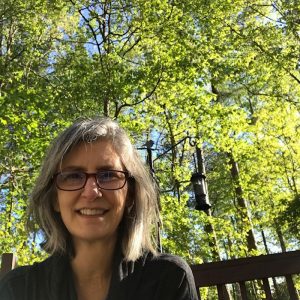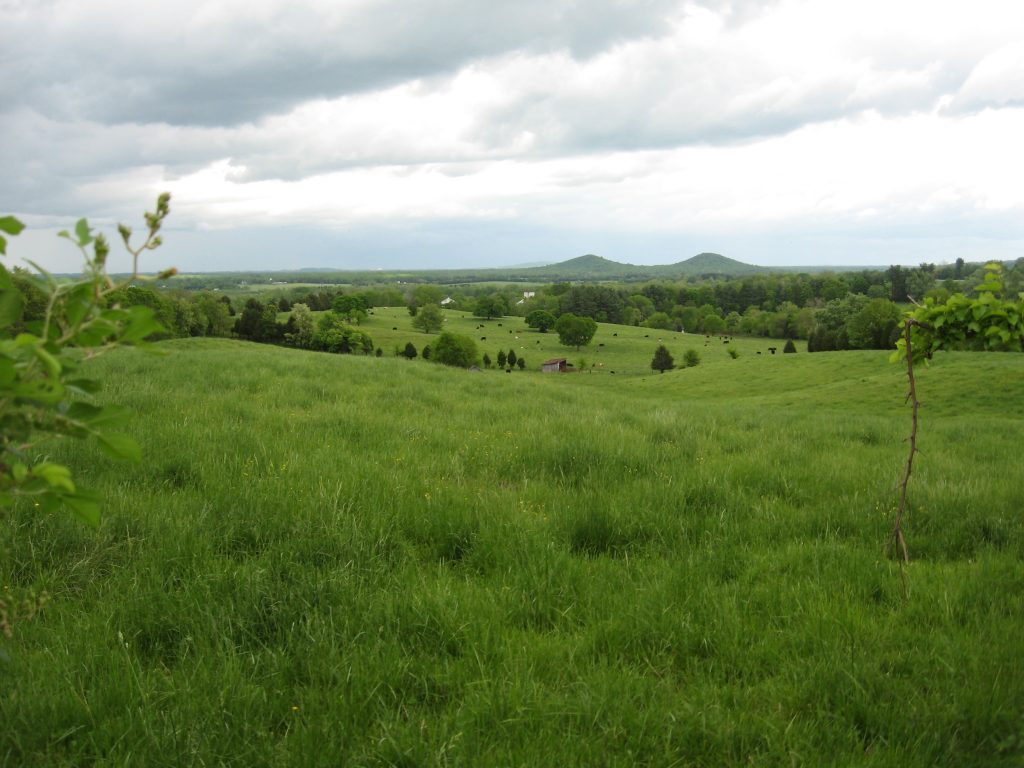
Mariel Goss has always loved farm animals. She spent her childhood on the family cattle farm in western Pennsylvania, where she kept Easter chicks and ducklings in her bathtub—at least, she says, until her mother found out.
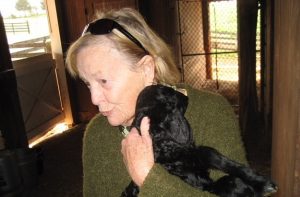
Now she has her own farm, and while she leaves the chicks outside, she is still doing things her way. Inspired by the work of the Livestock Conservancy to protect rare livestock breeds from extinction, she is raising two breeds of heritage sheep. “They were going to get lost if someone didn’t keep them going,” she says.
According to the Food and Agriculture Organization of the United Nations (the FAO), 20 percent of livestock breeds are at risk of extinction. This is because the factory farms that produce most of our food rely on just a few select breeds. Only six different livestock breeds, the FAO estimates, provide 90 percent of the food supply in developed nations. This lack of genetic diversity negatively affects the health of the livestock by limiting the gene pool, making the animals more vulnerable to disease outbreaks and their spread.
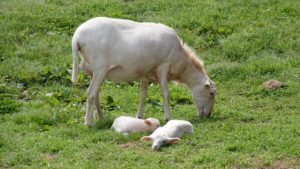
Goss and her husband raise their heritage sheep on Retreat Farm, which they bought in 1997. The 582 acres had previously been leased out to a cattle operation, and at the time the streambanks were in rough shape. With farm manager Frank Gillan, the Gosses have worked hard to rehabilitate them.
“The cattle had access to the streams, so the banks were eroded and the stream was full of silt,” says Gillan. “The Culpeper Soil and Water Conservation District was encouraging large farms in the area to think about protecting the water, and they helped us put up fencing to keep livestock out and replant the banks with trees.”
In 2009, the Gosses made those water protections permanent by donating an easement to the Virginia Outdoors Foundation. The easement requires 50-foot vegetated buffers, ensuring protections in the Rapidan-Cedar Run watershed, which drains into the Rappahannock River. In all, 20,000 feet of stream banks and three ponds are protected by about 15 acres of fenced and treed buffers.
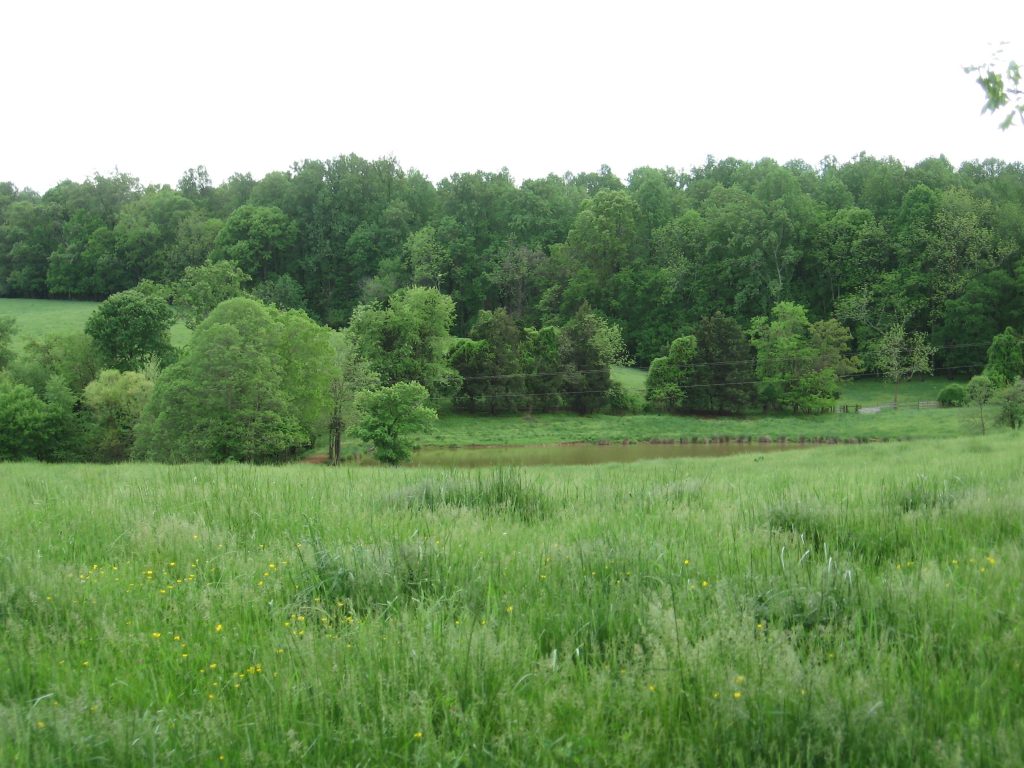
Other clean water practices, Gillan says, include no-spray and no-till pastures, rotational grazing and co-grazing, in which sheep and chickens rotate pastures together. As the sheep forage, the chickens act as natural de-buggers, eating the insects that are left behind and spreading fertilizing manure around.
These efforts were recognized in 2019, when the Culpeper SWCD nominated Retreat Farm for a Clean Water Farm Award through the Virginia Department of Conservation and Recreation (DCR). Retreat Farm was counted among DCR’s “Grand Basin” winners, an additional honor for farms that the agency considers role models for water protection across the state.
Now the Gosses lease much of the farm, complete with its permanent water protections, to another cattle operation. But they have kept 100 acres for themselves, some free-range poultry, and their rare sheep, whose genetic makeup makes them good foragers, great mothers and disease- and pest-resistant.
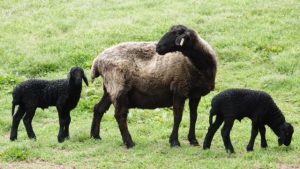
“They’re independent as long as you give them the space they need,” says Gillan. This makes them ideal for smaller farming operations, the kind they were bred over generations to thrive on.
In this way, heritage breeds connect us to our past, preserving a way of farming that reaps benefits from the whole animal over its life cycle instead of the modern practice of breeding for only one trait, such as milk or meat production.
“Today, the heritage breeds are truly a part of world history,” Goss says. “It’s fascinating to learn how some of these breeds have survived, and so important to preserve their genetics for the future.”
